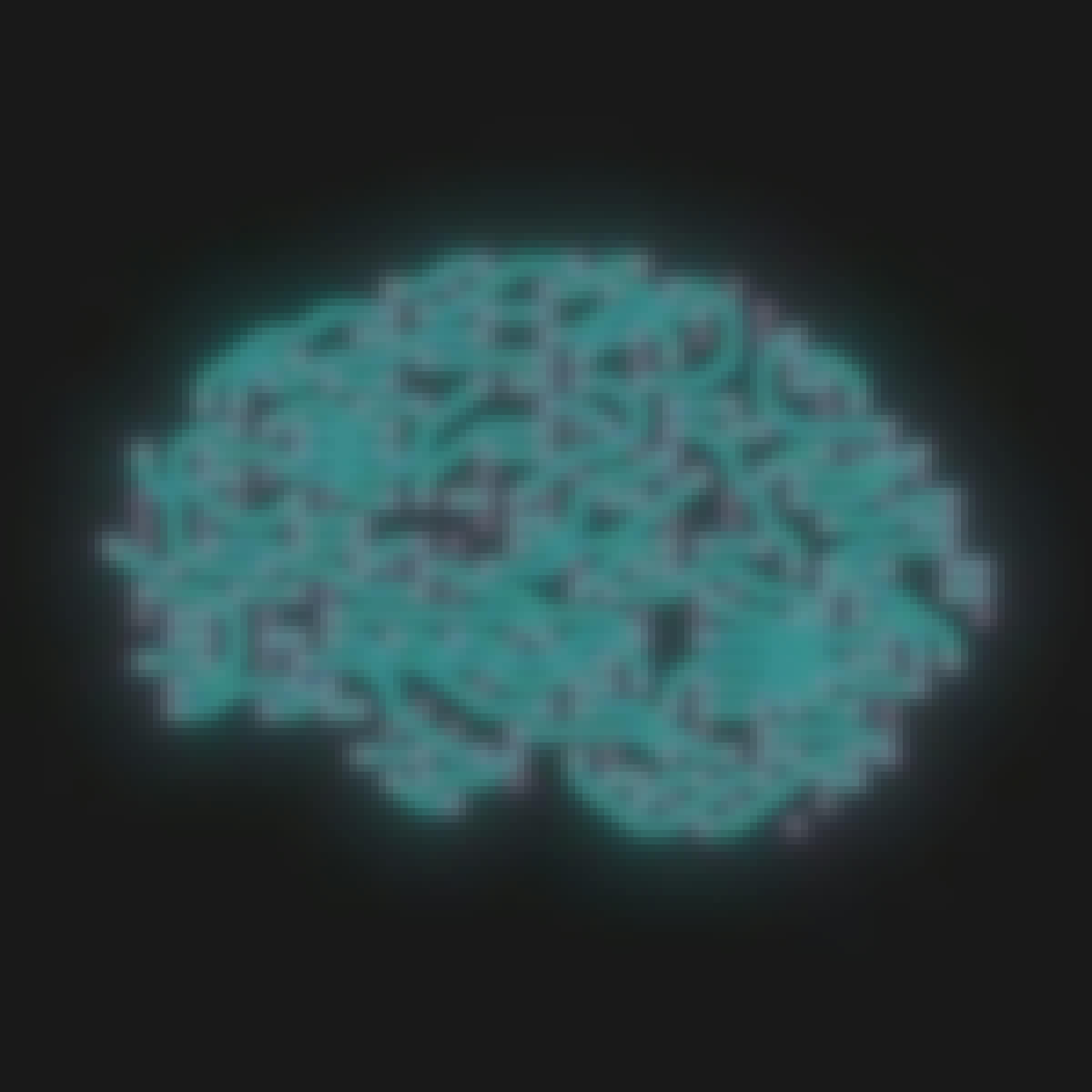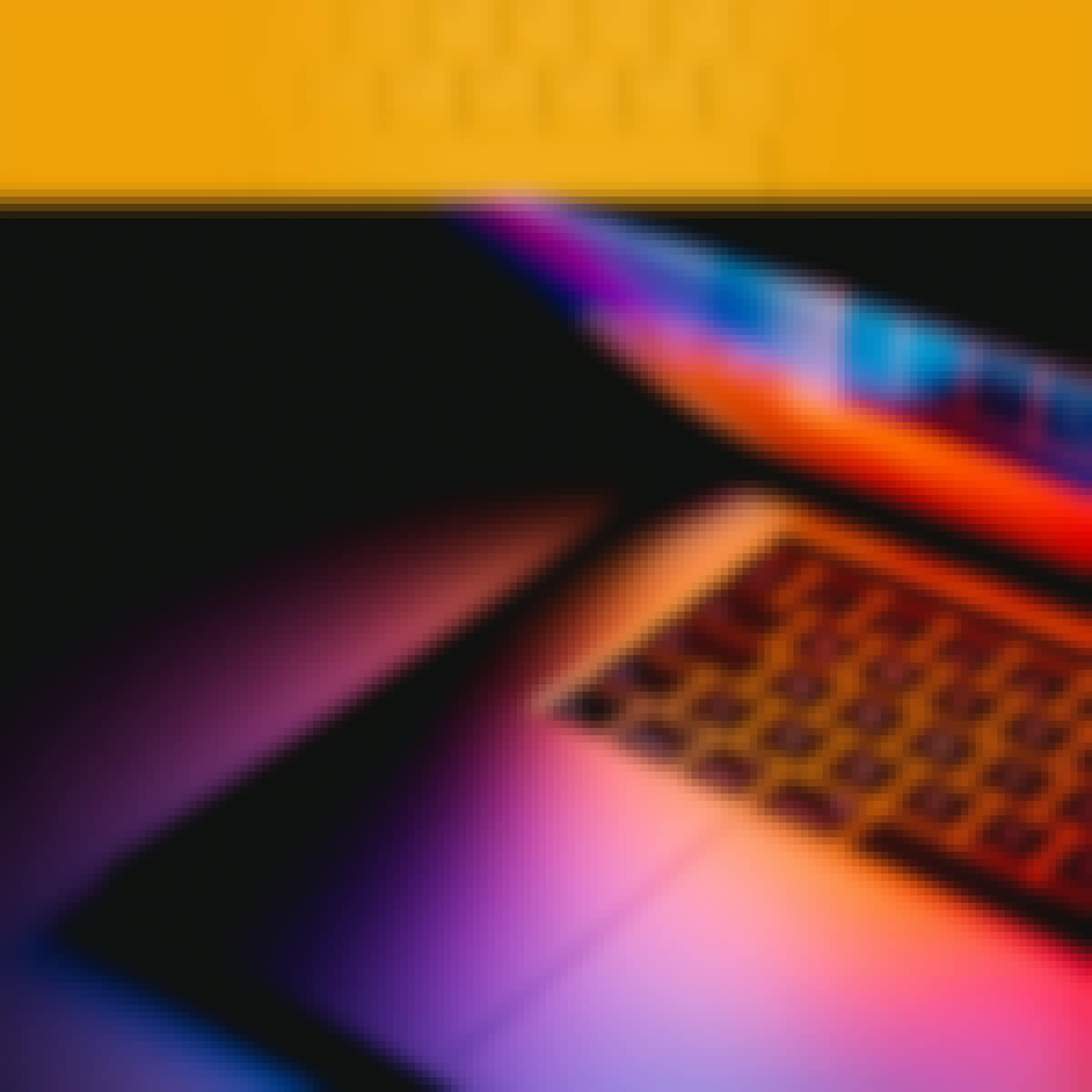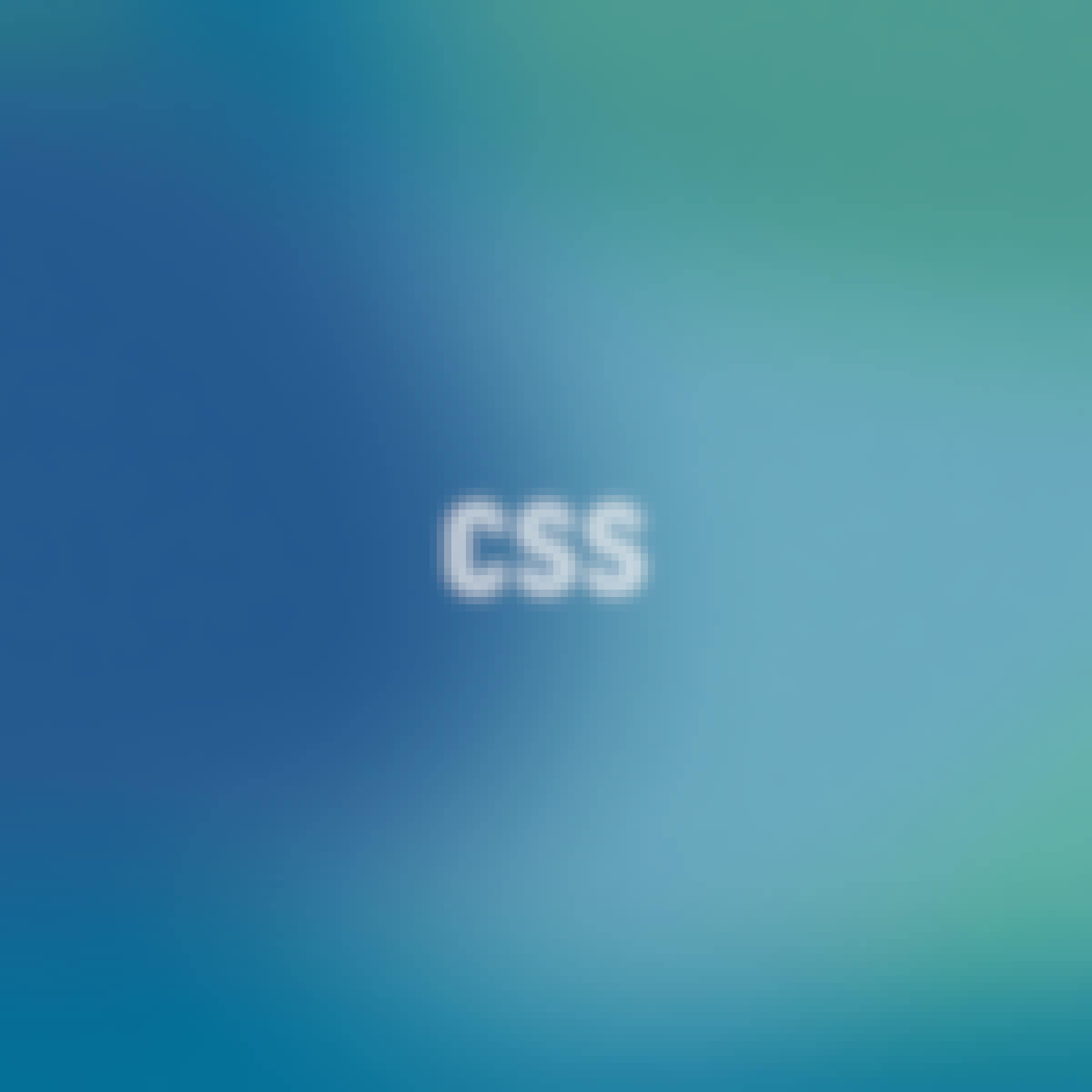Filter by
SubjectRequired
LanguageRequired
The language used throughout the course, in both instruction and assessments.
Learning ProductRequired
LevelRequired
DurationRequired
SkillsRequired
SubtitlesRequired
EducatorRequired
Explore the Forensic Science Course Catalog
 Status: New
Status: NewGoogle Cloud
Skills you'll gain: Responsible AI, Generative AI, Large Language Modeling, Google Cloud Platform, Data Literacy, Unstructured Data, Data Ethics, Artificial Intelligence, Deep Learning, Machine Learning
 Status: NewStatus: Free Trial
Status: NewStatus: Free TrialSimplilearn
Skills you'll gain: Generative AI, Software Development Tools, Prompt Engineering, Code Review, Software Development, Application Development, Automation, Unit Testing, Software Documentation, Maintainability, Responsible AI, Test Case, Natural Language Processing
 Status: Preview
Status: PreviewThe State University of New York
Skills you'll gain: Web Design, WordPress, Web Language, HTML and CSS, Web Content, Web Development, Web Analytics and SEO, Responsive Web Design, Cross Platform Development, Content Management, Web Applications
 Status: NewStatus: Free Trial
Status: NewStatus: Free TrialSkills you'll gain: Unreal Engine, Unity Engine, Virtual Environment, 3D Assets, Software Installation, Game Design, Development Environment, User Interface (UI), Cross Platform Development
 Status: NewStatus: Free Trial
Status: NewStatus: Free TrialSkills you'll gain: Cloud Computing Architecture, Google Cloud Platform, Load Balancing, Dataflow, Kubernetes, Network Architecture, Data Migration, Data Architecture, Network Troubleshooting, Cloud Security, Network Monitoring, Cloud Computing, Cloud Solutions, Cloud Storage, Data Pipelines, Cloud Infrastructure, Infrastructure as Code (IaC), Scalability, Key Management, Looker (Software)
 Status: NewStatus: Free Trial
Status: NewStatus: Free TrialSkills you'll gain: PyTorch (Machine Learning Library), Natural Language Processing, Large Language Modeling, Generative AI, Artificial Neural Networks, Deep Learning
 Status: NewStatus: Preview
Status: NewStatus: PreviewLearnQuest
Skills you'll gain: Agentic systems, System Design and Implementation, Artificial Intelligence, Solution Design, Unified Modeling Language, Solution Architecture, Performance Metric, Requirements Analysis, Performance Analysis, Workflow Management, Prototyping, Stakeholder Communications, Business Priorities, Benchmarking
 Status: Free Trial
Status: Free TrialSkills you'll gain: Apache Spark, Data Pipelines, MLOps (Machine Learning Operations), PySpark, Application Deployment, IBM Cloud, Machine Learning, Containerization, Data Science, Python Programming, Performance Tuning, Scalability
 Status: Free Trial
Status: Free TrialUniversity of California, Santa Cruz
Skills you'll gain: C (Programming Language), Debugging, C++ (Programming Language), Data Structures, Computer Programming, Command-Line Interface, Data-oriented programming, Algorithms, File Management
 Status: Preview
Status: PreviewUniversity of Michigan
Skills you'll gain: Computational Thinking, Programming Principles, Problem Solving, Computer Science, Disaster Recovery, Algorithms, Computer Programming, Public Health
 Status: NewStatus: Preview
Status: NewStatus: PreviewScrimba
Skills you'll gain: Cascading Style Sheets (CSS), Responsive Web Design, HTML and CSS, Typography, Web Design, Maintainability, Debugging, User Interface (UI), Semantic Web, Color Theory
 Status: NewStatus: Free Trial
Status: NewStatus: Free TrialSkills you'll gain: Amazon Elastic Compute Cloud, Continuous Deployment, Continuous Integration, Debugging
Forensic Science learners also search
In summary, here are 10 of our most popular forensic science courses
- AI Generatif: Memahami Konsep Dasar: Google Cloud
- Generative AI for Code Generation Training : Simplilearn
- How To Create a Website in a Weekend! (Project-Centered Course): The State University of New York
- Unreal Engine: Design & Build 3D Game Worlds for Beginners: EDUCBA
- Exam Prep: Google Certified Professional Cloud Architect: Whizlabs
- Introduction to Transformer Models for NLP: Unit 1: Pearson
- Foundations of Agent-Based AI Systems: LearnQuest
- AI Workflow: Enterprise Model Deployment: IBM
- C for Everyone: Structured Programming: University of California, Santa Cruz
- Problem Solving Using Computational Thinking: University of Michigan










